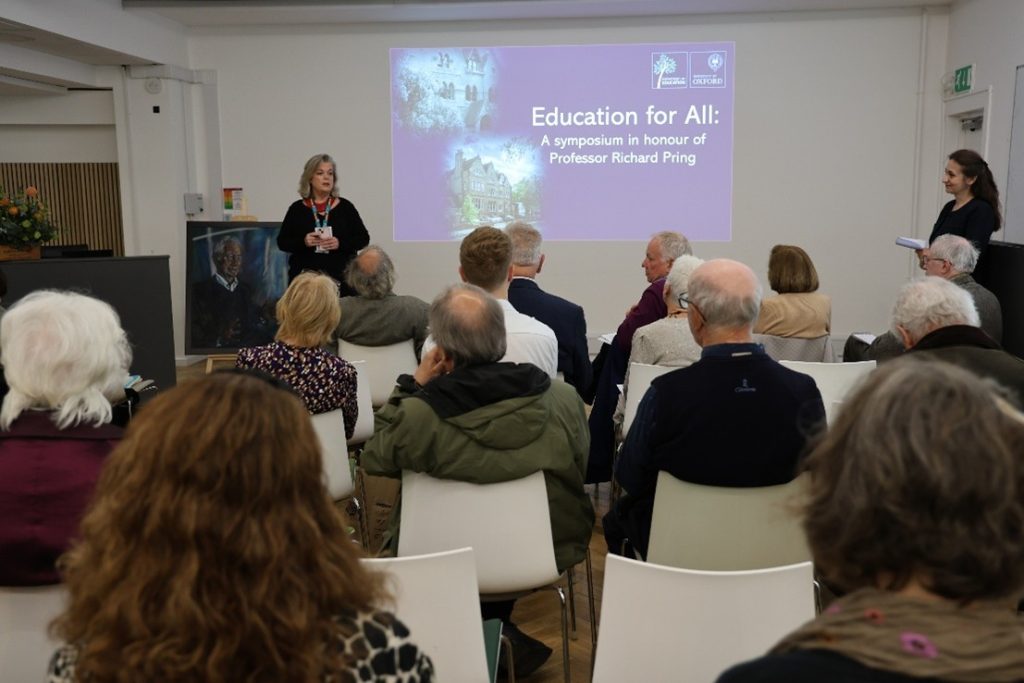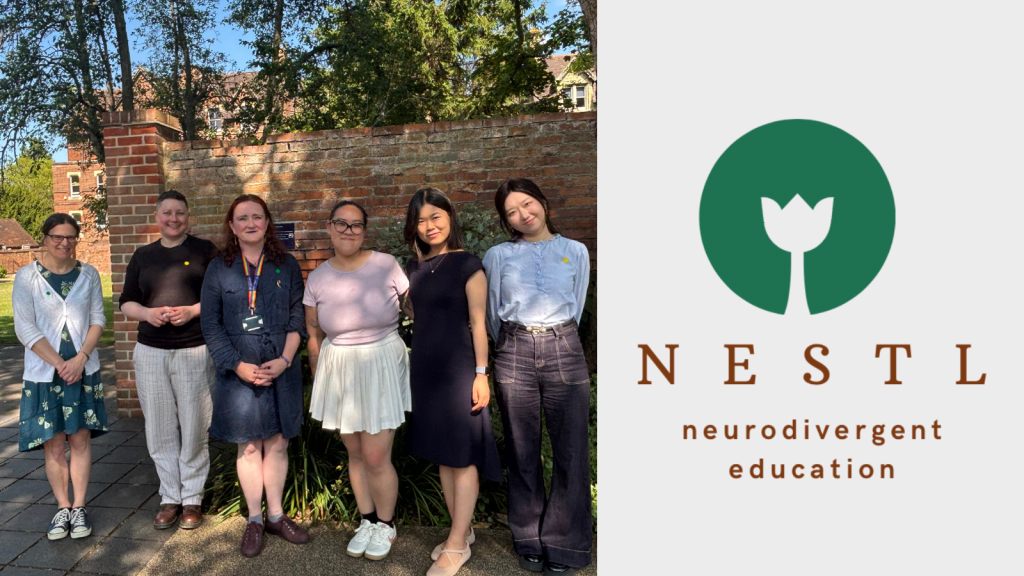The department is delighted to announce the appointment of Dr Elizabeth Wonnacott to the post of Associate Professor of Applied Linguistics. Liz will join the department from UCL from 1 September 2020 and the post will be in conjunction with a Fellowship at St John’s College. The Fellowship marks the department’s first association of a post with the college.
In addition to conducting internationally leading research on applied linguistics and education, Liz will contribute to the running of the department’s MSc in Applied Linguistics and Second Language Acquisition, which has established itself as one of the leading programmes of its type in the UK and internationally and support the MSc in Applied Linguistics for Language Teaching – a part-time/distance learning course known for its high quality and innovative nature. Liz will be an active member of the department’s Applied Linguistics Research Group, which draws on expertise from the University’s Language Centre and the Department of Experimental Psychology. The research group has established an international reputation for cutting edge, theoretical and empirical work in second language classroom interaction, bilingualism, child L2 development, children with EAL, English Medium of Instruction (EMI) for academic subjects and language learner strategies.
Liz did her undergraduate degree in Linguistics and AI at Edinburgh and then moved to Rochester, NY to do a PhD with Elissa Newport and Mike Tanenhaus. After this she returned to the UK and obtained a British Academy Postdoctoral fellowship which was housed in EP here at Oxford. Her first lectureship was at the University of Warwick, after which she moved to UCL where she was promoted to Associate Professor. Broadly speaking, Liz is interested in understanding the mechanisms involved in learning and processing languages at different ages. She has a longstanding interest in the role of statistical learning in this process. The primary research methodology she has used is to conduct carefully controlled language learning experiments with adult and children – sometimes working with artificial languages, sometimes with carefully controlled input from foreign languages.









